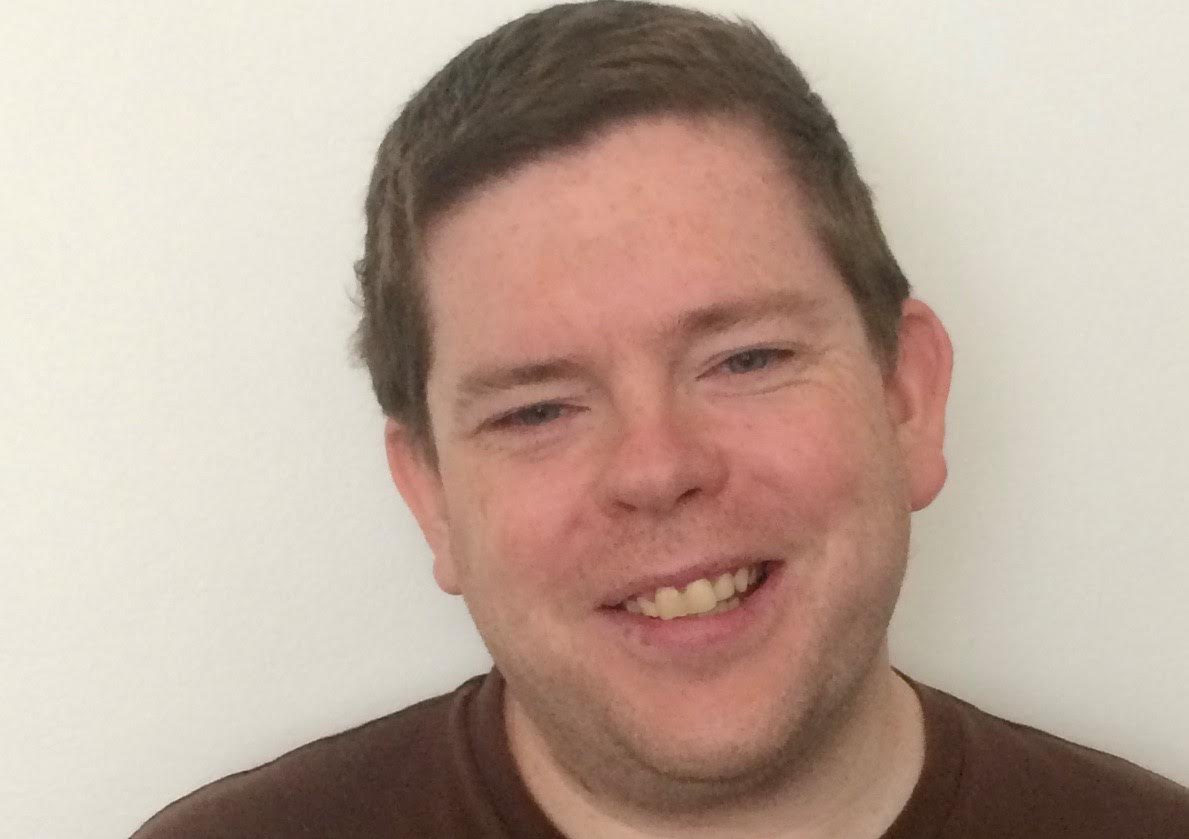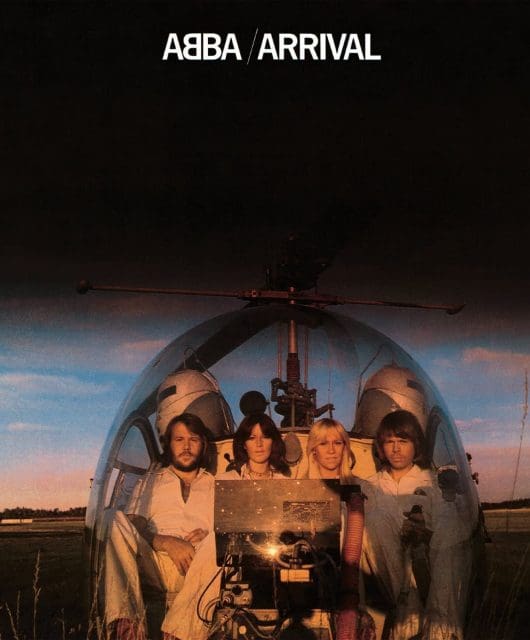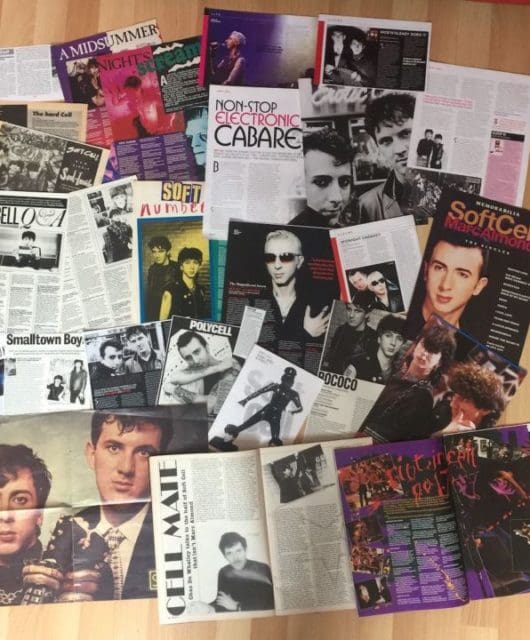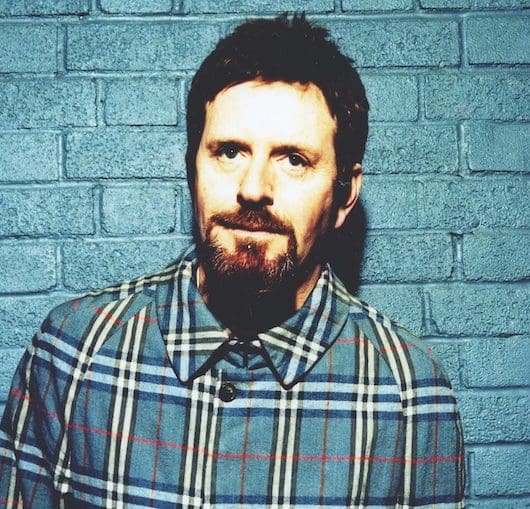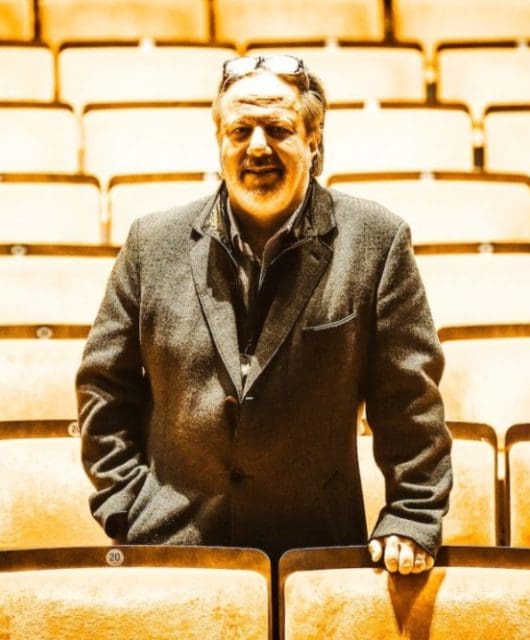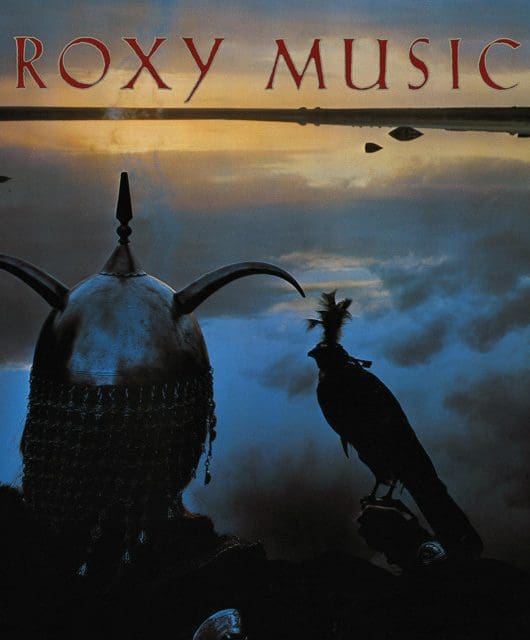The Producers – Clive Langer & Alan Winstanley
By John Earls | September 7, 2022
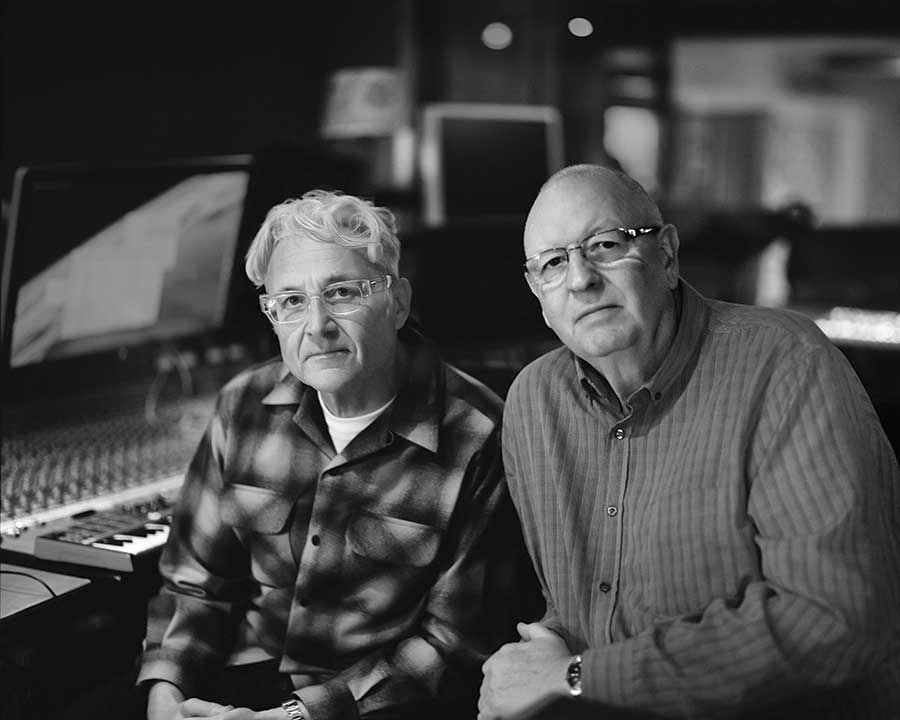
We meet the diplomatic production duo who have worked with some of the biggest names in rock and pop over the course of a hugely successful 40-year period…
If a record company wanted someone to get the best from a difficult artist, they turned to Clive Langer and Alan Winstanley. From the moment new wave guitarist Clive teamed up with Stranglers engineer Alan, a colourful strain of 80s pop flourished, as they produced classics for Madness, Dexys, Julian Cope, Elvis Costello and a host of others…
DAVID BOWIE (AND MICK JAGGER)
Clive “The budget for the Absolute Beginners soundtrack was big, so we could hire the best jazz musicians in town. The title track has six saxophonists on, because we could afford it! But the soundtrack’s reputation suffered because the film didn’t work. I always thought the music was brilliant.”
Alan “We were so nervous meeting David Bowie for the first time. We took the lift to his suite at St James’ Club in Westminster and there he was: ‘Oh my God! It’s Bowie!’ He gave us a beer to put us at ease. His demo for Absolute Beginners was so good, we thought, ‘Shit, we’re going to have to do something special to improve this.’”
Clive “David knew straight away what he needed. He was very relaxed – at the end, he did impressions of other singers doing Absolute Beginners, like Iggy Pop and Lou Reed. Those impressions later leaked on YouTube.” (Hear below]
Alan “David had said at the start of the day, ‘Can we knock this on the head at 5pm? Mick Jagger is showing up, as we’ve got to do a cover version for Live Aid.’ The band rehearsed Dancing In The Street an hour before Mick arrived – and they were terrible. They were tired, and it sounded like awful cabaret. But when Mick arrived, he immediately started doing the Jagger strut, which made him and the band suddenly launch straight into top gear.”
Clive “At the time, Bowie and Jagger’s duet was only planned to be shown once, on the big screens at Live Aid. Looking back, of course it was going to be a huge single, but at the time it was incredibly easy. A couple of takes and they went off to film the video.”
Alan “The video shoot didn’t finish until 3am. They came back to hear the rough mixes, but everyone was knackered and Mick really came to the studio to read the Sunday papers.”
Clive “It was an incredibly exciting couple of days, though. I tried sipping white wine and just getting on with it, not wanting to be overawed. It gave us a No.1 and a No.2 single. And, in the middle of it all, David talked us out of producing another No.1. We’d been asked to produce Cliff Richard’s Comic Relief single with The Young Ones but, when we mentioned it to David, he said, ‘Ah, you don’t want to do that.’ So we turned it down.”
Alan “Absolute Beginners is one of the best songs we ever did. It morphed from the demo into an even bigger song –
I think we really did make it more of an adventure.”
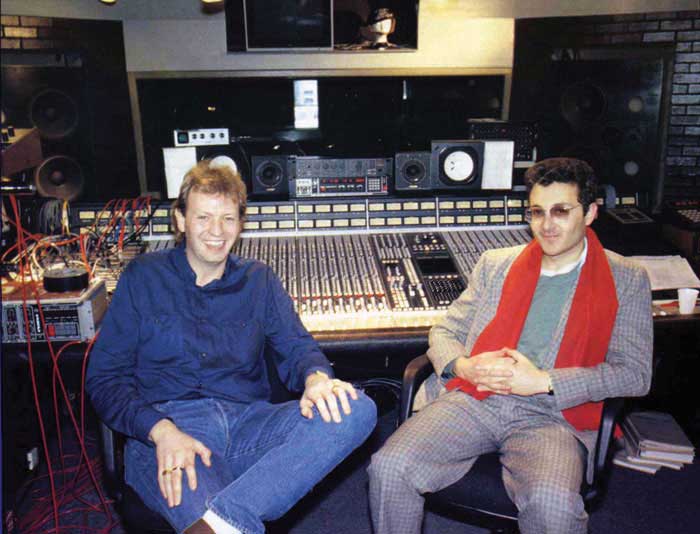
MADNESS
Clive “Madness were the first band I produced and I was scared. But, helped by Dave Robinson at Stiff Records, I soon learned what a single was. You’d pull out the stops for songs like Wings Of A Dove and Our House, because you knew they were so strong. Suggs married Anne from my old band Deaf School and, along with my wife, we all lived above the Swanky Modes shop in Camden. We’d socialise all the time and still do. Madness got more involved with the sound on their last few albums. Even before coronavirus, God knows if you’d be able to get any of the band in the studio together! Madness are a great example of how you never stop worrying. I still worry whether what we do now will be as good as before.”
Alan “The first Madness rehearsal I went to, they played My Girl and it was obviously a hit, even though Mike Barson sang it, rather than Suggs. So many Madness songs immediately sounded like hits, though oddly House Of Fun didn’t. The ‘Welcome to the house of fun!’ section didn’t exist, until Dave Robinson showed up and said, ‘This could be big, but it doesn’t have a chorus.’ Mike went back to the studio, flogging away until he came up with that section. Most Madness songs that should have been hits were hits. The exception is Bed And Breakfast Man. We should have rearranged that, as the chorus comes in far too late.”
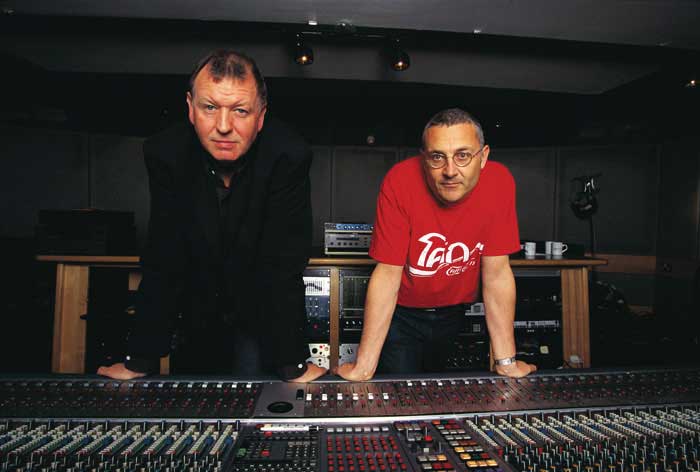
JULIAN COPE
Clive “Julian had a difficult reputation, but he’s a super-sweet guy, who I knew from school. Alan and I could work with ‘difficult’ people because we could relate to them better than most producers. Alan was the engineer and producer, while I never touched the studio desk: I’d get excited by the music’s possibilities. Having been in Deaf School, I knew what it was to be a musician. You had to listen to what an artist wants and be interested in what they have to say – while knowing in your head how the song should sound.”
Alan “Julian was chaos, but so talented. When we produced Reward, we wanted it to sound like Hawaii Five-O, which is how the trumpet solo came about. Julian said, ‘Fuck off, you’ve got to have a guitar solo there, not trumpets!’, but we ignored him as it sounded so fantastic.”
DEXYS MIDNIGHT RUNNERS
Clive “Kevin Rowland was very strict. I wasn’t used to that, and sometimes it’d be a relief when the day ended. If Kevin smiled, that was a great day! But he’s mellowed over the years and I always enjoy seeing him now. I don’t feel I really produced Come On Eileen. I was there when it was made, but that song was like working with an army, as Kevin knew what he wanted all along. At the same time, we made Our House, where Alan and I could do whatever we wanted.”
JERRY DAMMERS, SADE AND THE OTHER ABSOLUTE BEGINNERS STARS
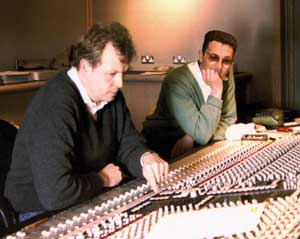 Alan “Jerry was a total nutcase. He’s a fun guy, incredibly talented, just very strange. On Riot City, his song for Absolute Beginners, I put the fader up by mistake, which caused this mad ‘Brrrap!’ sound from the studio’s two 24-track recorders syncing. Jerry went, ‘That’s fantastic!’ He tried cutting that noise in and out like a Morse Code machine. I had to let Jerry get on with it for an hour, knowing it’d be unusable, before he finally went, ‘That doesn’t really work, does it?’”
Alan “Jerry was a total nutcase. He’s a fun guy, incredibly talented, just very strange. On Riot City, his song for Absolute Beginners, I put the fader up by mistake, which caused this mad ‘Brrrap!’ sound from the studio’s two 24-track recorders syncing. Jerry went, ‘That’s fantastic!’ He tried cutting that noise in and out like a Morse Code machine. I had to let Jerry get on with it for an hour, knowing it’d be unusable, before he finally went, ‘That doesn’t really work, does it?’”
Clive “Jerry is very particular. Really, he produced Riot City, not us. He asked us to produce The Special AKA’s Free Nelson Mandela. We went along, but Jerry did it himself so much that we said, ‘This is great, you don’t really need us.’”
Alan: “I don’t remember Sade being too painful on Killer Blow. She’s got a reputation now as this painstaking perfectionist, but she didn’t take long at all compared to some!”
Clive “I was wary of Ray Davies, but he was great. He really liked our way of working, and the only concern was that you don’t know if you’ve pissed Ray off or if he likes it. The only awkward customer was Paul Weller. He refused to work at our studio, and The Style Council’s place was full of Weller’s lads, who made us feel a bit isolated. But Have You Ever Had It Blue? is a great song, and I’ve seen Paul a lot since.”
MORRISSEY
Clive “We were suggested by Morrissey’s record company and, at first, the songs didn’t sound great. I said, ‘We don’t have to do this record, it’s the label putting us together, but do you want to go for a pint?’ We were in a residential studio, where the nearest pub was just the two of us with loads of sheep outside. After a Guinness, we’d relaxed. Morrissey left us to get on with it, us sending him backing tracks and him telling us what he liked. If he wasn’t feeling it, he’d listen to old rock’n‘roll records in his room for 20 hours before reappearing with something great. If he was excited, he’d get you back in late at night. I love Kill Uncle – a great record that was out of time because it came out around Madchester.”
OTHER PRODUCERS
Clive “There was a rivalry built on respect with Martin Rushent and Trevor Horn. When we started Elvis Costello’s 1984 album Goodbye Cruel World, Trevor was next door doing the snare drums on Frankie’s Two Tribes. Three weeks later, Elvis’ whole album is finished, while Trevor is still fucking about on that snare sound. Admittedly, Goodbye Cruel World isn’t as good a record as Two Tribes.”
- Want more from Classic Pop magazine? Get a free digital issue when you sign up to our newsletter!
